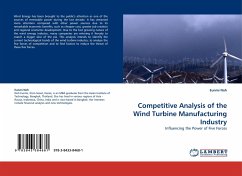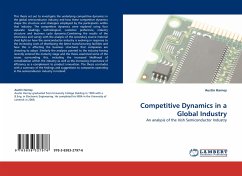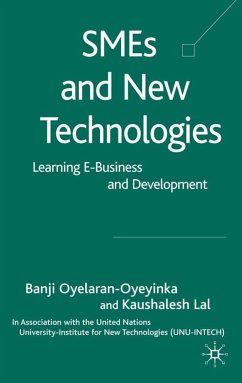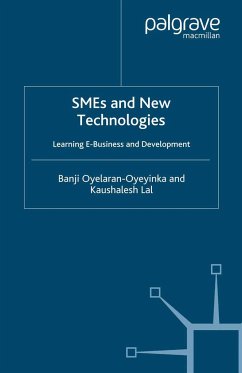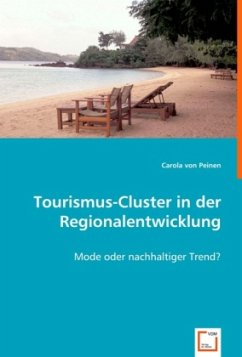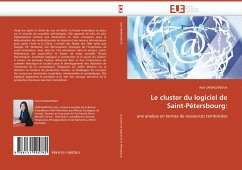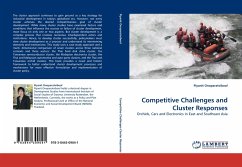
Competitive Challenges and Cluster Responses
Orchids, Cars and Electronics in East and Southeast Asia
Versandkostenfrei!
Versandfertig in 6-10 Tagen
52,99 €
inkl. MwSt.

PAYBACK Punkte
26 °P sammeln!
The cluster approach continues to gain ground as a key strategy for industrial development in today's globalised era. However, not every cluster achieves the desired competitiveness goal of cluster development. While many cluster studies have examined factors and conditions that influence the success or failure of cluster development, most focus on only one or two aspects. But cluster development is a complex process that involves numerous interdependent actors and institutions. Hence, to develop cluster successfully, policymakers must view cluster development as a 'process' and understand its...
The cluster approach continues to gain ground as a key strategy for industrial development in today's globalised era. However, not every cluster achieves the desired competitiveness goal of cluster development. While many cluster studies have examined factors and conditions that influence the success or failure of cluster development, most focus on only one or two aspects. But cluster development is a complex process that involves numerous interdependent actors and institutions. Hence, to develop cluster successfully, policymakers must view cluster development as a 'process' and understand its intertwining elements and mechanisms. This study uses a case study approach and a multi- dimensional comparison of seven clusters across three national contexts and three sectors: the Thai hard disk drive cluster, the Taiwanese semiconductor cluster, the Malaysian electronics cluster, the Thai and Malaysian automotive and auto-parts clusters, and the Thai and Taiwanese orchid clusters. Thisbook provides a novel and holistic framework to better understand cluster development processes and mechanisms for more effective formulation and implementation of cluster policy.



